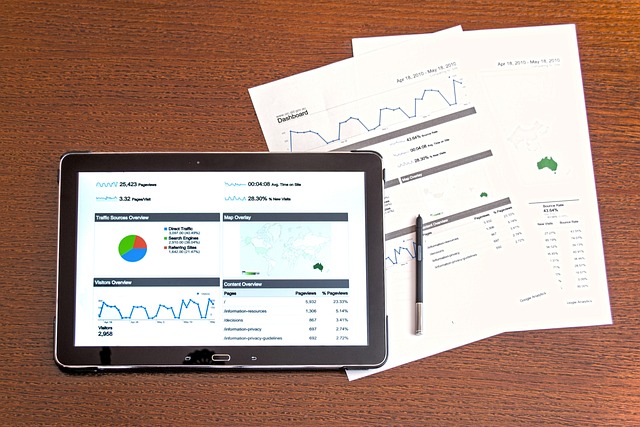Data is an essential part of any business. It helps inform decisions, track progress, and measure success. But managing data can be a challenge. Here are five strategies to help you effectively manage your business data.
Table of Contents
1. Establish Clear Goals
The first step in effectively managing your business data is to establish clear goals. What do you want to achieve with the data? Are you looking to increase sales, improve customer service, or reduce costs? Once you have identified your goals, you can create a plan for collecting and analyzing the data that will help you reach them.
It’s also important to set realistic expectations for what the data can do for your business. Data can provide valuable insights, but it won’t solve all of your problems. Be sure to set achievable goals that are aligned with your overall business objectives.
2. Invest in Quality Data Collection Tools
Once you have established your goals, it’s time to invest in quality data collection tools. There are many different types of tools available, from simple spreadsheets to sophisticated analytics platforms. Choose the tools that best fit your needs and budget.
When selecting data collection tools, look for ones that are easy to use and understand. You don’t want to spend too much time trying to figure out how the tool works; instead, focus on finding one that will quickly and accurately collect the data you need.
3. Develop a Systematic Approach
Having the right tools is only half the battle when it comes to managing your business data. You also need to develop a systematic approach for collecting and analyzing the data. This means creating processes and procedures that ensure consistent results.
Start by defining who will be responsible for collecting and analyzing the data. Then create a timeline for when each task should be completed. Finally, establish metrics for measuring success so you can track progress over time.
4. Utilise Automation
Automation can be a powerful tool when it comes to managing business data. Automated systems can streamline processes such as data entry and analysis, freeing up time for more strategic tasks.
Look for automation solutions that integrate with existing systems and allow you to easily access and analyse the data. Automation can also help reduce errors by eliminating manual processes such as double-checking entries or manually entering information into multiple systems.
5. Monitor Performance Regularly
Finally, it’s important to monitor performance regularly so you can identify areas where improvements can be made. Look at trends over time and compare results against benchmarks or industry standards.
Regular monitoring will also help you identify potential issues before they become major problems. This allows you to take corrective action quickly and keep your business running smoothly.

